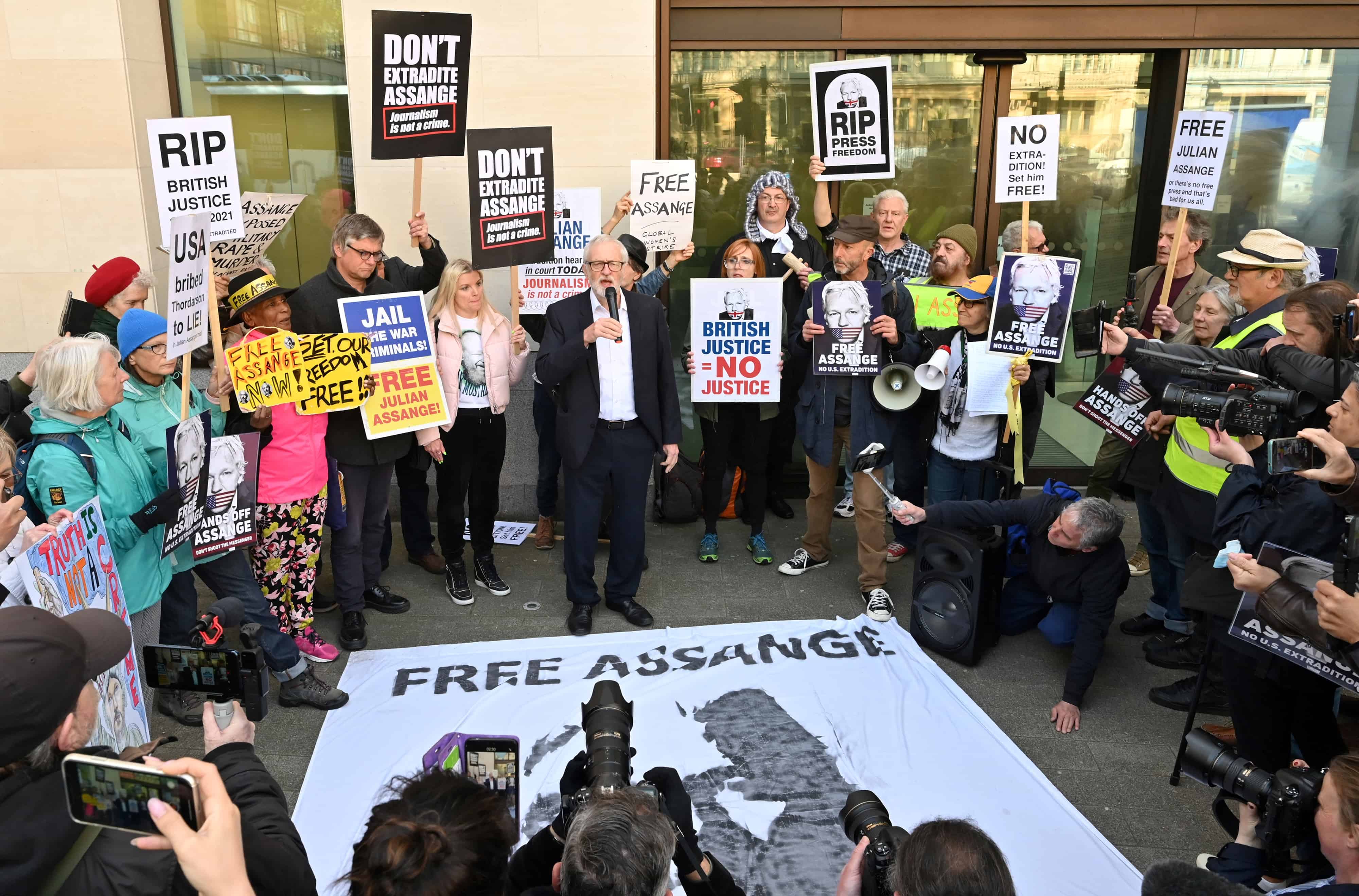A UK court on Wednesday issued a formal order to extradite WikiLeaks founder Julian Assange to the United States to face trial over the publication of secret files relating to the Iraq and Afghanistan wars.
The decision now rests with interior minister Priti Patel, although Assange may still appeal within 14 days of any decision to approve the extradition.
The ruling Wednesday by a magistrate in central London brings the long-running legal saga in the UK courts closer to a conclusion.
But Assange’s lawyers have vowed to make representations to Patel and potentially launch further appeals on other points in the case.
“No appeal to the High Court has yet been filed by him in respect of the other important issues he raised previously,” his lawyers Birnberg Peirce Solicitors said in a statement last month.
“That separate process of appeal has, of course, yet to be initiated.”
Assange was last month denied permission to appeal to the UK Supreme Court against moves to extradite him to the US, where he could face a lifetime in prison.
Washington wants to put him on trial in connection with the publication of 500,000 secret military files relating to the US-led wars in Iraq and Afghanistan.
In January last year, the 50-year-old Australian appeared to have won a reprieve on the grounds he was a suicide risk if he was kept in solitary confinement at a maximum security US facility.
But the US government appealed, and at a two-day appeal hearing in October its lawyers pointed to diplomatic assurances that Assange would not be held in punishing isolation at a federal supermax prison, and would receive appropriate care.
Assange appealed that ruling and, in January, two judges allowed him to apply to the country’s highest court on “points of law of general public importance”.
But the court refused permission to appeal, saying the application “didn’t raise an arguable point of law”.

